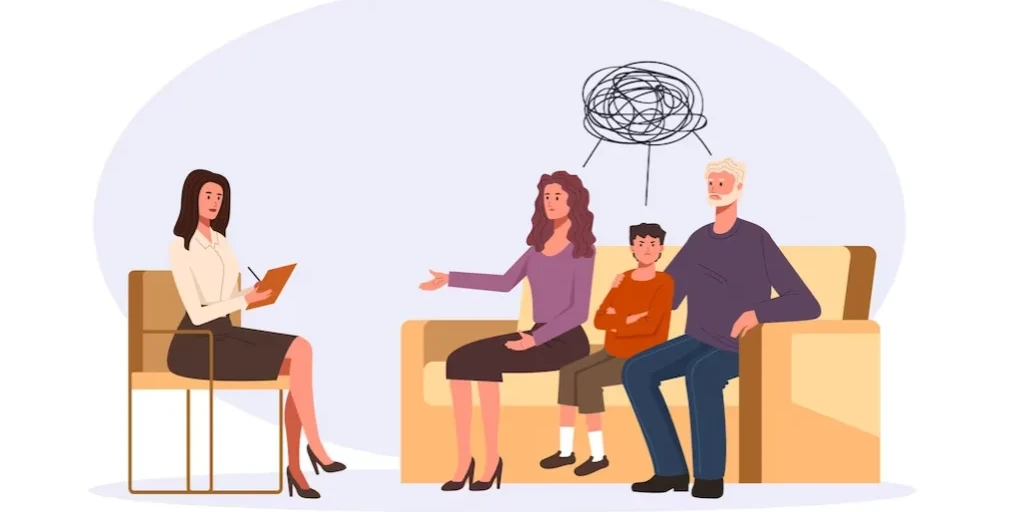24/7 Helpline:
(866) 899-111424/7 Helpline:
(866) 899-1114
Learn more about Bipolar Disorder Treatment centers in Boonville
Bipolar Disorder Treatment in Other Cities

Other Insurance Options

UMR

CareFirst

BHS | Behavioral Health Systems

Medical Mutual of Ohio

Sliding scale payment assistance

Molina Healthcare

Sutter

American Behavioral

Regence

State Farm

Optima

WellCare Health Plans

PHCS Network

Self-pay options

Cigna

Carleon

BlueCross

MHNNet Behavioral Health

Choice Care Network

Oxford










